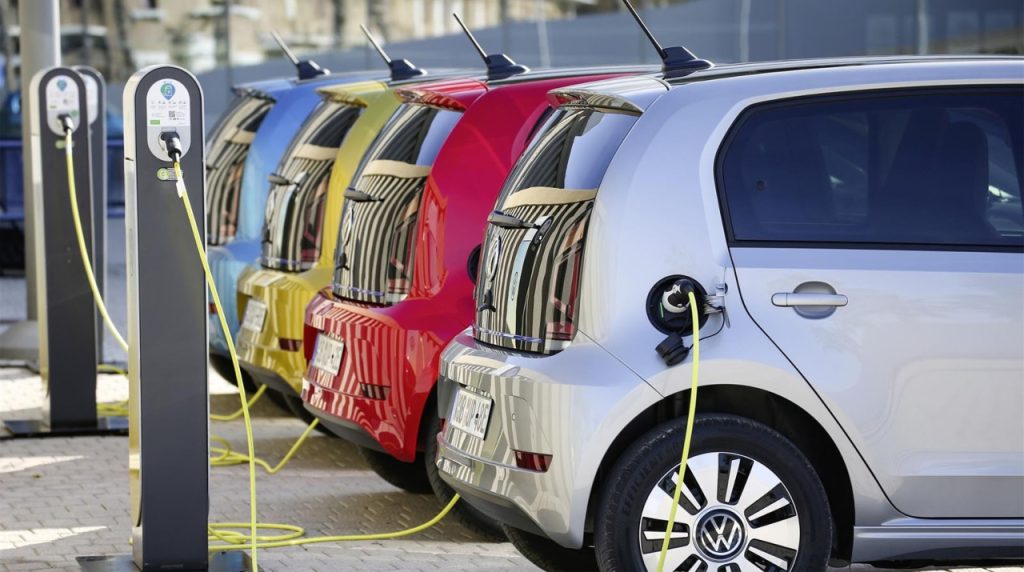
Spain to Promote Plan to Expand Charging Infrastructure and Foster Electric Mobility

The Government of Spain is considering the implementation of a National Charging Plan for Sustainable Electric Mobility aimed at transforming the charging infrastructure across the country.
The plan would involve the installation of bidirectional charging points in major urban areas to charge electric vehicles, while also allowing consumers to return energy to the electric grid.
Additionally, fast-charging stations would be deployed along all the motorways and highways in the state. Currently, the charging infrastructure in Spain consists of around 38,000 charging points.
Related Content: Spain reaches agreement with India for sustainable infrastructure and transportation development

As a result, they aim to exceed 80,000 charging points by 2030, representing a 110% increase in the current infrastructure. This measure is seen as an important step to encourage the use of electric vehicles and contribute to the reduction of carbon emissions.
Leasing of Electric Vehicles
The government is considering the creation of a leasing program for electric vehicles, which would allow citizens to access an electric car on a lease-to-own basis, at a much lower price than the typical market rate, and with no initial payment required.
This plan aims to facilitate the transition to electric mobility, making electric vehicles more accessible to a larger number of people.
With these measures, the goal is to accelerate the transition to a more sustainable and eco-friendly mobility system, improving infrastructure and offering financial alternatives so that more citizens can join the shift towards a future with lower emissions and greater energy efficiency.





